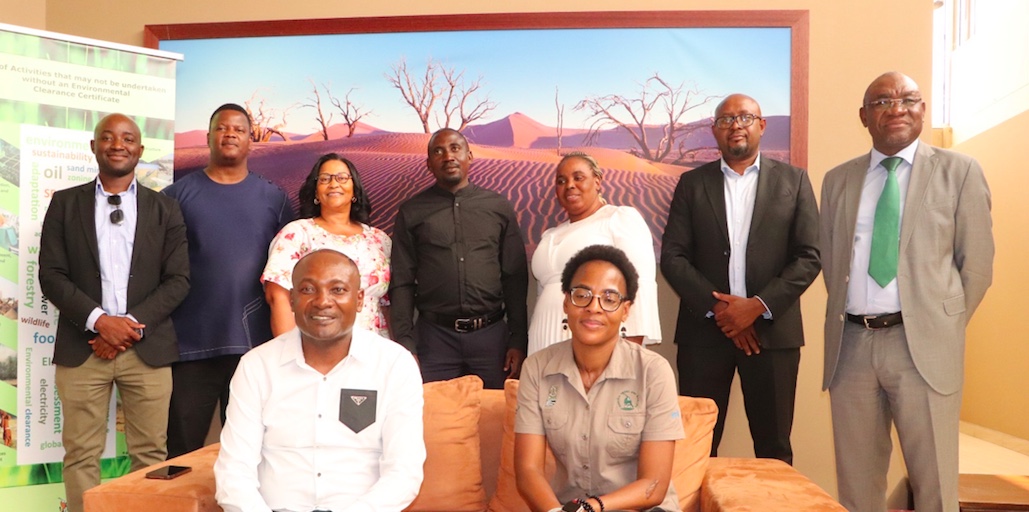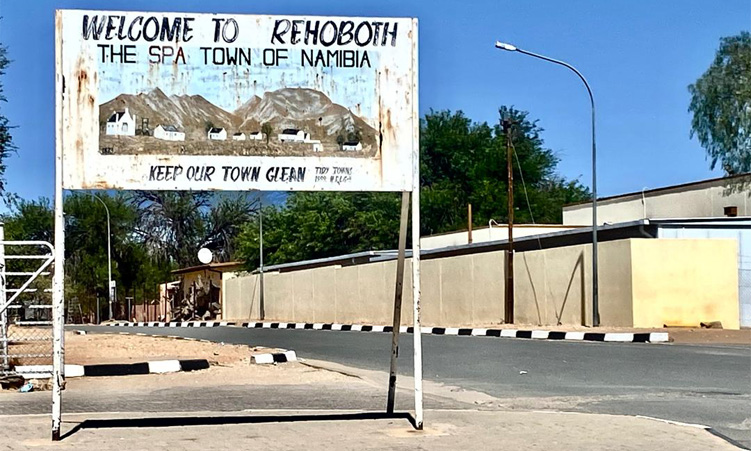MOSUL – Bombs in Baghdad and northern Iraq killed at least 41 people yesterday, police said, underscoring doubts about local forces’ ability to keep Iraqis safe after US troops pulled out of city centers.
The attacks in the north, where tensions between Arabs and Kurds threaten to flare into Iraq’s next conflict, appeared to be part of an attempt by insurgents to reignite sectarian fighting following the partial US pullback.Two suicide bombings in Tal Afar, a town in volatile Nineveh province that is mainly home to minority Turkmen of the Shi’ite Muslim faith, killed 34 people and wounded 60, police said.One suicide bomber detonated an explosives vest in the historic center of the town, 420 km northwest of Baghdad, followed by another suicide attack just as people responded to the first blast.Nineveh and its main city Mosul have suffered a steady drumbeat of attacks targeting police, soldiers and civilians since June 30, when US combat troops withdrew from urban centers. The province is an area where groups like al Qaeda have taken advantage of tensions between Sunni Arabs, ethnic Kurds and other minorities to sustain Iraq’s most stubborn insurgency.In Baghdad, seven people were killed and 20 wounded by two bombs in a market in Sadr City, a poor, Shi’ite Muslim area.Police said both bombs were placed among rubbish piles in the popular market. Reuters Television footage showed the bloodstained interior of a minivan damaged in the attack.The worst of the bloodshed between Shi’ites and Sunnis set off by the 2003 US invasion has faded, but violence in ethnically mixed Nineveh reflects lingering divisions among Iraqis, and underscores the fragility of security gains.Mosul is a city under siege, its buildings pockmarked by shrapnel from explosions and its streets littered with rubble. On Wednesday evening, two car bombs exploded there within minutes of each other, killing 14 people and wounding 33.’INCITING CHAOS’Atheel al-Nujaifi, a Sunni Arab who took over as governor earlier this year to protests from many of Mosul’s Kurds, warned of greater violence to come.’There are many parties trying to incite chaos following the withdrawal of US troops … It is not in their interest to see stability and security,’ he said.Mosul is a frontline between the Shi’ite Arab-led government in Baghdad and Kurds, who want to extend their semi-autonomous northern region and take greater control of oil resources.’There are those who are betting on advancing their agendas through sectarian strife,’ Hanin Qado, a Kurdish lawmaker from Tal Afar, told reporters in Baghdad.The officials questioned the readiness of the Iraqi police and military, both of which were dissolved by US officials after the 2003 invasion and rebuilt from the ground up.US soldiers still provide significant backing to Iraqi forces, especially in logistics and air support.’Military operations in Mosul have not been successful. Iraqi forces can’t even get to Arab quarters of western Mosul, while Kurds control the northern parts,’ said Adel al-Azzawi, a retired military officer and security analyst.Iraqi and US officials complain that Mosul has not received enough attention since the war began. – Nampa-Reuters
Stay informed with The Namibian – your source for credible journalism. Get in-depth reporting and opinions for
only N$85 a month. Invest in journalism, invest in democracy –
Subscribe Now!






